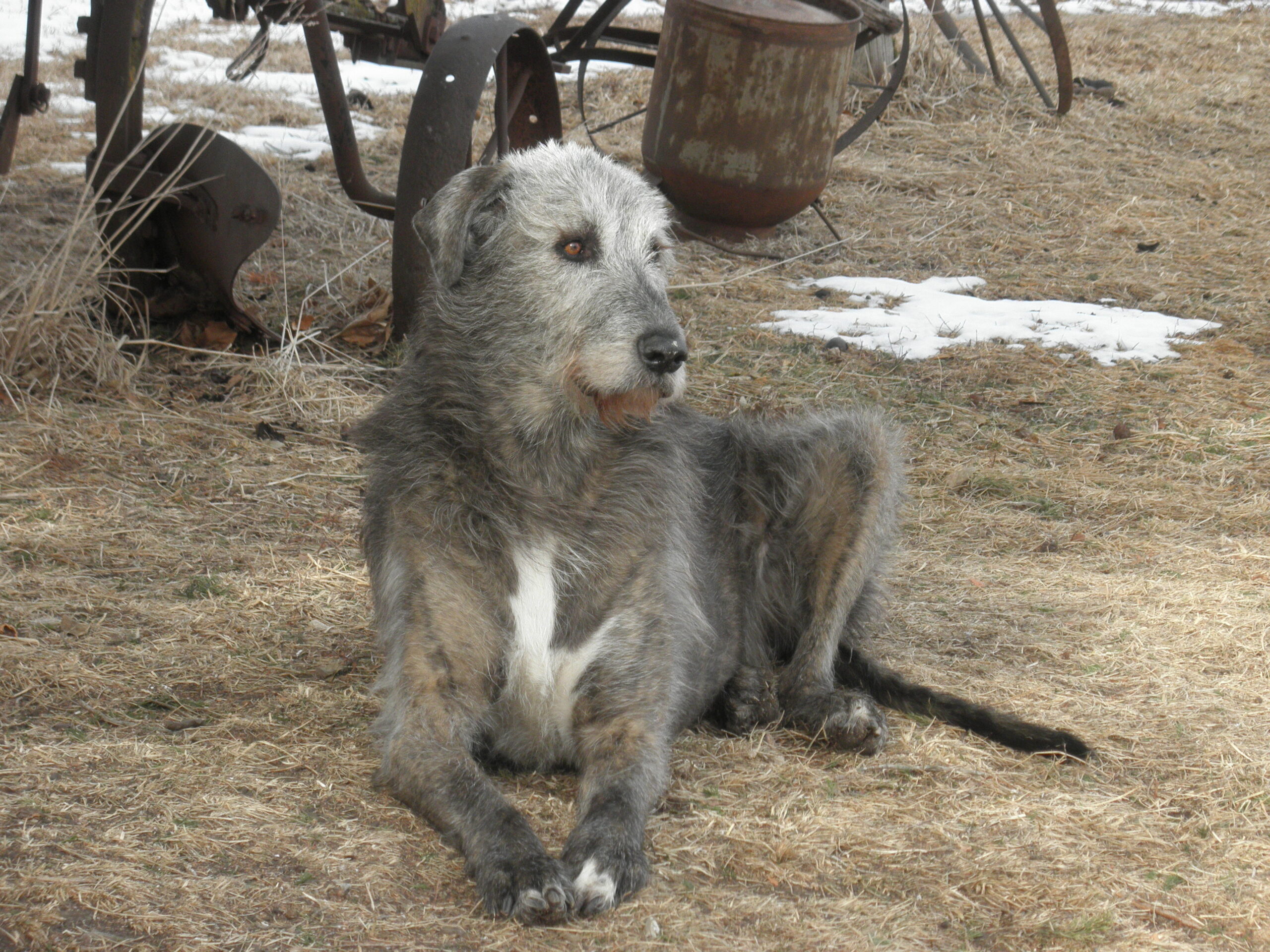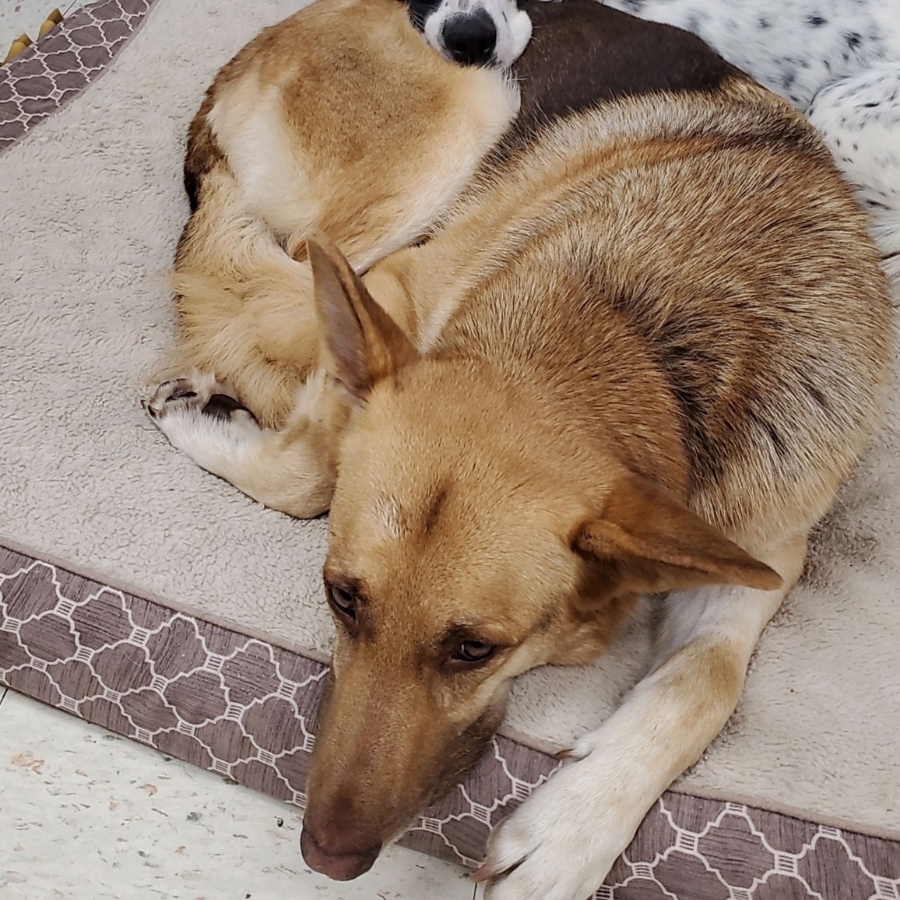End-of-Life Care & Hospice
One of the hardest things you will have to do is say goodbye, but you don’t have
to go through it alone. Homestead Veterinary Hospital is here to help you.
End-of-Life Care & Hospice
Getting old is never easy. It often means facing an incurable illness, but it doesn’t have to mean suffering from disease. At Homestead Veterinary Hospital, we can help manage your pet’s twilight years.

What Are End-of-Life Care and Hospice?
When a pet is diagnosed with a terminal illness (meaning a condition that cannot be cured and will ultimately lead to death), our veterinarian’s focus will shift from curative treatments to palliative care. Also called end-of-life care or hospice, palliative care seeks to provide comfort and maintain a pet’s quality of life for as long as possible by addressing and mitigating the unpleasant symptoms that occur with a terminal illness.

When Does End-of-Life Care or Hospice Begin?
When pet owners think about the end of life, they often picture their pet’s final moments, and these moments are what they imagine end-of-life care addresses. However, end-of-life care or hospice actually begins the moment a pet is diagnosed with a terminal illness or injury.
When a pet receives a terminal diagnosis, it does not necessarily mean their time is extremely limited. Some terminally ill pets can continue to comfortably enjoy life for months or even years to come, depending on the type of illness and how far it has progressed when the diagnosis is initially made.
A terminally ill pet enters hospice care, so while they live out their last years, months, weeks, or days, they will be comfortable, happy, and social. We do everything we can for terminally ill patients to slow the progression of their disease while managing their symptoms.
Palliative Care Treatments and Pet Pain Management Plans
While illness causes several symptoms, managing pain is often the primary concern of palliative care. Our veterinarian will recommend a pain management plan most suitable for your pet. This might include using a variety of traditional medicine and other holistic treatment modalities such as:
Hospice and End-of-Life Care
While a “cure for what ails you” may not be available, we certainly can help give your pet the best quality of life possible for the longest time possible. To learn more or schedule a consultation for your pet, we welcome you to contact our veterinary hospital today.
